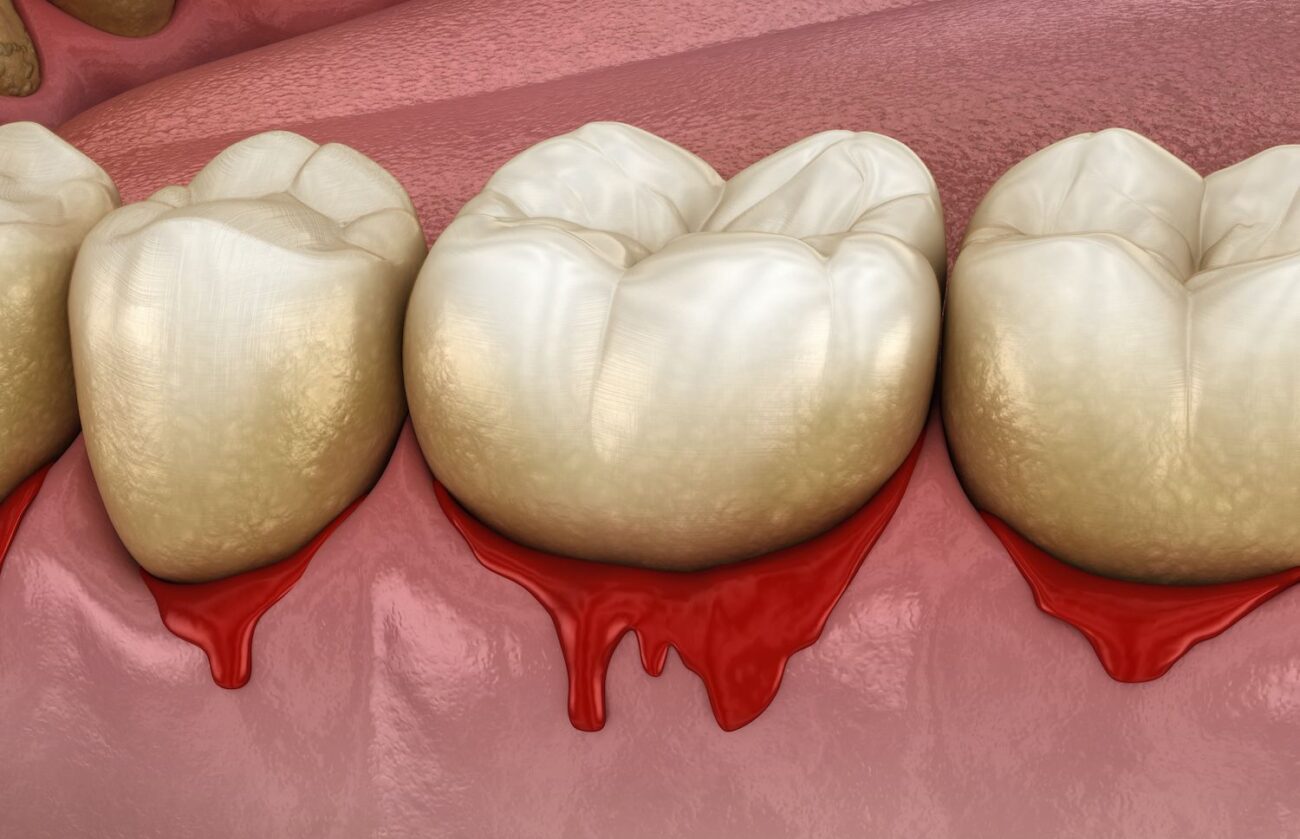A study in the Journal of Clinical Periodontology suggests that people with gum disease have a higher risk of suffering from severe complications relating to COVID-19. This is because inflamed gum tissue will link with the body’s inflammatory response.
Therefore, protecting your gum health is more important now than ever. And it will take work to keep gum disease, an infection of the gum tissue, at bay. If you do contract it, you will need treatment from a dentist to get rid of it. It will not go away on its own.
Knowing more about this issue will help you preserve your oral health. Read on to learn more about the signs, treatment, and prevention of gum disease.

Do I Have Gum Disease?
Gum disease has several stages, and the initial phase involves inflammation of the gum tissue and is known as gingivitis. With this early form of infection, you may notice redness, swelling, and tenderness in the gums. But you might not always experience visible symptoms.
For this reason, you should continue visiting your dentist for routine check-ups. The dentist can spot early signs of gum disease you might not notice and then offer prompt treatment before the infection can spread.
As the disease advances, bacteria will eat away at the gums, causing them to recede, and the infection will also deteriorate the teeth and jawbone. This can result in irreversible damage like tooth loss.
Symptoms for advanced gum disease, periodontitis, can include discoloration in the teeth and bad breath. If you have any concerns about your gum health, do not hesitate to call your dentist. The infection is easier to treat when diagnosed sooner rather than later.
How Will My Dentist Treat Gum Disease?
Gum disease will not resolve on its own. You will need treatment from your dentist to eradicate this infection at any of its stages. When a dentist spots signs of gum disease, they can begin treatment right away.
They will thoroughly clean your teeth, especially deep in the gum pockets, scraping away plaque and excess bacteria. This technique is known as scaling and root planing.
If the infection remains after this therapy, they will use laser treatment to remove damaged gum tissue. The dentist may also give you an antibacterial rinse that you can use at home to balance oral bacteria and keep further infections at bay.
Can I Prevent Gum Disease?
Gum disease occurs when bacteria infect the gum tissue. So to avoid contracting this infection, you will need to take proper care of your smile to keep oral bacteria balanced. The best way to do this is to practice good oral hygiene.
You should brush your teeth at least twice a day, floss daily, and visit your dentist for routine teeth cleanings and exams. This will clear away plaque before it can spread and allow bacteria to reach your gums. Consult your dentist for more preventative care advice for your gums as well as the rest of your smile.
